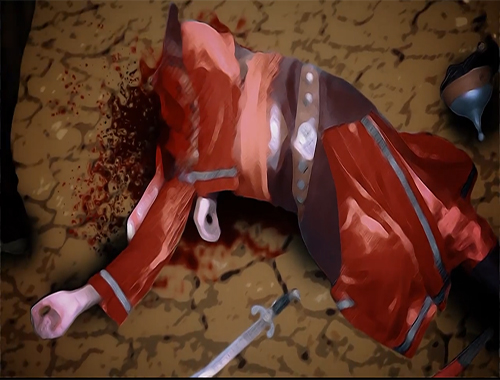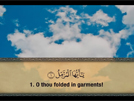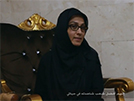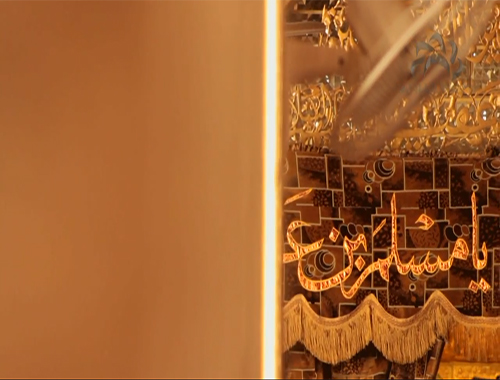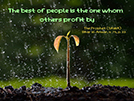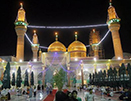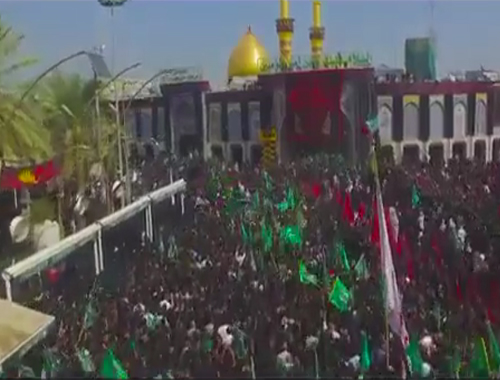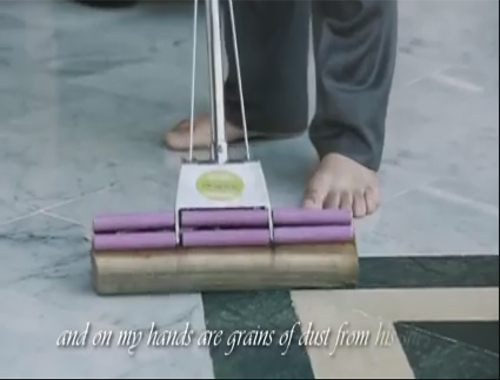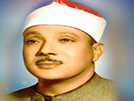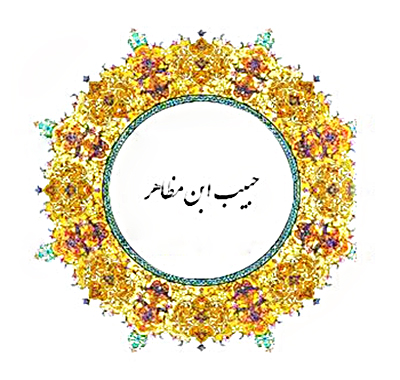
Hazrat Zainab (S.A) said to her brother: "Brother Hussain! Thousands of soldiers are gathering to fight you. We have hardly 72 men with us. Do you not have anyone to come to your help?" "My sister Zainab, many wanted to join me during the journey from Medina to Karbala. I politely discouraged them because their intention was not truthful. Many joined and have run away during the journey because they were scared of dying." He continued: "Zainab! My sister! Falsehood can buy many supporters, but truth has only a few friends. The soldiers on the other side have been bought. They prefer happiness in this world than in the world hereafter. My 72 truthful men prefer happiness in the world hereafter and that is why they are with me." That night, Imam Hussain wrote a letter to his childhood friend, Habib ibn Madhahir, who was in Kufa. Kufa was blocked off and nobody was allowed to leave. Habib ibn Madhahir did not know the whereabouts of Imam Hussain until the letter from Hussain arrived at his house. At the time he was having breakfast with his wife and a young son. Habib read the letter from Hussain. He kissed it and tears began to flow from his eyes. His wife asked him what was wrong. Habib said: "I have received a letter from my master, Hussain. He has asked me to join him in Karbala. Yazid's soldiers have surrounded him and are after his life." Habib's wife said: "Habib! Your childhood friend has called you. Your master needs your help. What are you waiting for? Go Habib, before it is too late!" Habib's worry was how to escape from Kufa without being seen. He instructed his slave to take his horse to a farm outside the city and to wait for him there. The slave did as he was told. The slave took Habib's horse to a farm outside the city. He waited for his master. His master was delayed. The slave started talking to the horse: "O horse! Master Hussain is in trouble. He needs help. He has asked my master Habib to join him. Master Habib is late. Horse If he does not manage to escape from Kufa, I will ride on you and go to Hussain’s help." At evening time, most of the men were in mosque. Habib managed to reach the farm where his horse was waiting. He quickly mounted his horse and said to his slave: "Go, my friend, Go! I am freeing you from my services" "Master! You are not being fair. I have served you faithfully for years. Now, I have a chance to serve the son of Bibi Fatima, and you are asking me to go. Why are you denying me a place in Heaven'?" Habib was taken aback by the words of his slave. He was pleased to hear that he had recognized the difference between the truth and the wrongful. He wanted to sacrifice his life for truth. Habib asked his slave to mount his horse. Together they galloped towards Karbala. Habib reached Karbala late in the evening. Imam Hussain greeted him with great affection. Hazrat Zainab heard that Habib had come. She asked her maid, Fizza, to convey her greetings to Habib. When Habib heard that Bibi Zainab had sent greetings to him, he screamed out in grief and anger. He threw his turban down on to the ground. He slapped his face. Tears rolled down his cheeks as he spoke: "What a sad day! What has happened to the household of Bibi Fatima? The princess! Grand-daughter of the Holy prophet, the daughter of Ali and Fatima is sending her greetings to an ordinary person like me! Yazid! You beast, you tyrant! What have you done to the household of Bibi Fatima?" At dawn, Ali Akbar gave Adhan for the last time. Yazid's soldiers blew the trumpets to start the battle. One-by-one, Hussain’s companions went to the battlefield and gave their lives for Islam. Between noon and evening time, Habib ibn Madhahir came to Hussain. He said: "My Master, Hussain, allow me to go to the battlefield. Let me sacrifice my life for Islam." "Habib, my childhood friend. Stay with me. You give comfort to me, my friend." Habib persisted with his request. Eventually Hussain gave his permission. Hussain mounted his friend, Habib, on the horse. Habib ibn Madhahir rode into the battlefield. He fought bravely but was finally over-powered. He fell to the ground. As Habib ibn Madhahir fell to the ground, an enemy soldier came over and cut off his head. All the martyrs of Karbala had their heads cut off, but Habib's was the first to be cut off by the enemy. Habib's head was not hung on the spearhead like that of the other martyr's. Habib's head was tied to a horse and pulled along the land of Karbala. Later on, in Shaam, Habib's head was tied to a horse's neck. A young boy, called Qasim, followed the horse wherever it went. One day, the man riding the horse asked the young boy Qasim: "Why are you following me around? What do you want? Qasim just looked at the head hanging from the horse's neck. The man asked again: "Why are you staring at the head". "This head is the head of my father, Habib ibn Madhahir; please give it to me so that I can bury my father's head." Habib's head seemed to look at his son and say: "My son Qasim, you are thinking of burying my head. What about the head of Hussain on that spearhead?"
Ref: hujjat.org
 Hazrat Zainab (S.A) - Islam Guidance
Hazrat Zainab (S.A) - Islam Guidance
